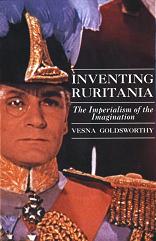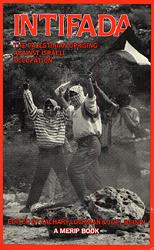
The Iron Wall
Avi Shlaim
670 pages including index
published in 2000
Avi Shlaim is an Israeli/British historian, one of a generation of revisionist historians who from the 1980s started tearing down the foundation myths of the state of Israel. History always has political undertones and perhaps nowhere more so than in Israel, which after all justifies its existence with the historical claim of the Jewish people on the lands of Palestine, as developed through zionist ideology. With the succesful establishment of Israel as a Jewish state came a set of founding myths and in the first decades after independence Israeli historians by and large confirmed rather than challenged those myths. In the eighties this changed, as new historians started re-examining those core assumptions. Unlike the earlier generation, people like Avi Shlaim had not had the same personal experience and direct involvement in the foundation of Israel and its wars and could look more objectively on the facts rather than let ideology steer their interpretations.
In The Iron Wall – Israel and the Arab World Avi Shlaim takes aim at Israel’s foreign policy concerning its immediate neighbours. It’s a big book, tracing the evolution of Israel’s approach to the Arab countries from its struggle for independence up to 1998 and the failure of the Oslo peace process. The title of the book comes from two 1923 essays by Ze’ev Jabotinsky, a Zionist leader and according to Shlaim, “spiritual father of the Israeli right”. In these essays Jabotinsky set out the possibilities for dealing with the socalled “Arab problem” and coming to the conclusion that the only way to deal with it is to continue the settlement efforts “under protection of a force that is not dependent on the local population, behind an iron wall which they will be powerless to break down”.


